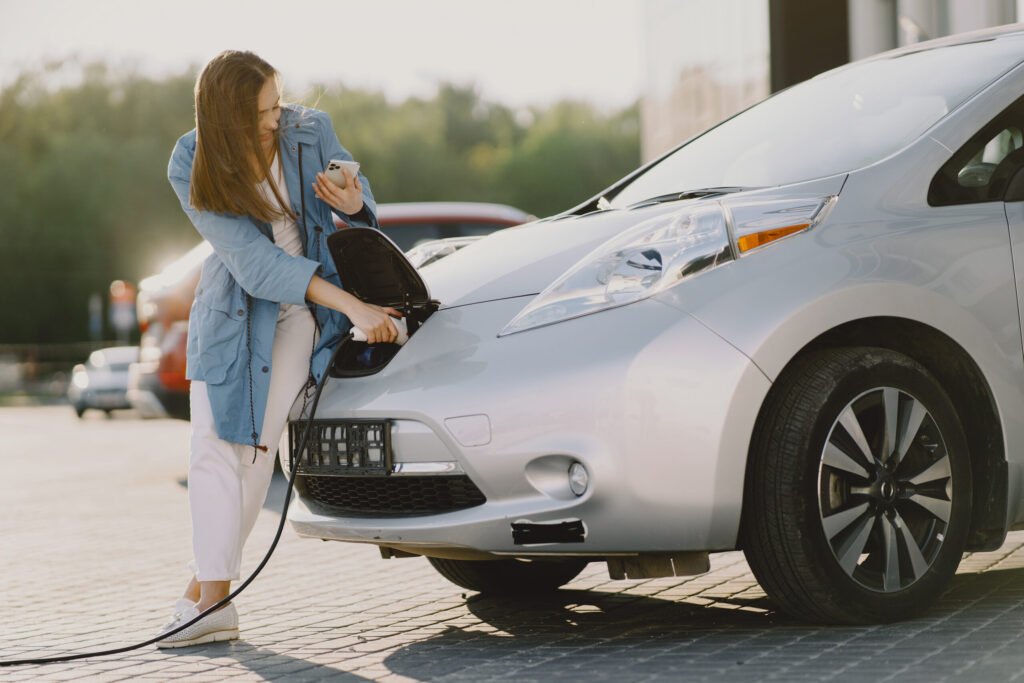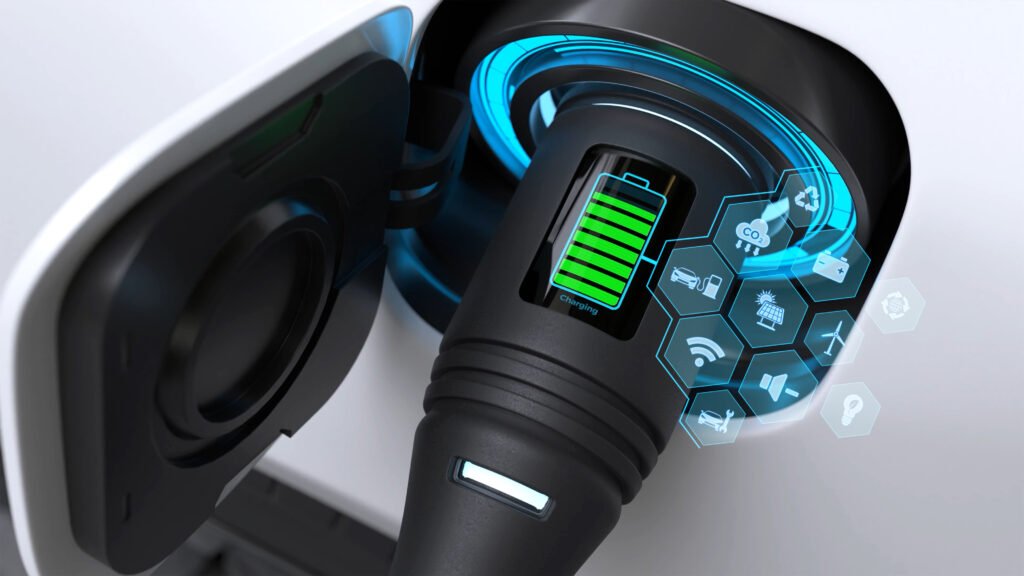How Long Do Electric Cars Last? A Complete Guide to EV Lifespan You’re probably wondering about the lifespan of your electric vehicle (EV). The good news is that EVs can last for a long time, with some lasting up to 20 years or more. The average lifespan is influenced by several factors, including the type of vehicle, battery quality, and maintenance habits.

As a potential buyer, understanding these factors is crucial. The longevity of an EV is a critical consideration, and being informed can help you make the right decision.
Key Takeaways
- Electric vehicles can last up to 20 years or more.
- Battery quality significantly affects EV longevity.
- Regular maintenance is crucial for extending the life of your EV.
- The type of vehicle influences its overall lifespan.
- Understanding EV longevity helps in making informed purchasing decisions.
How Long Do Electric Cars Last?
As electric vehicles become more mainstream, questions about their durability and lifespan are becoming more pressing. Understanding the longevity of your electric car’s battery is crucial, as it is a significant factor in the overall lifespan of the vehicle.
Average Lifespan of Electric Vehicle Batteries
Most EV manufacturers provide warranties for their batteries, typically ranging from 8 to 10 years. The average lifespan of an EV battery is around 15 to 20 years, but this can vary depending on several factors, including driving habits and environmental conditions. Battery durability is a key consideration for potential buyers, and understanding the average lifespan can help alleviate concerns about long-term costs.
Real-World Examples from Current EVs
Looking at real-world examples can provide valuable insights into how long electric cars last. For instance, the Tesla Model S has been on the market for over a decade, offering a tangible example of EV longevity. Studies have shown that many EV owners have reported minimal battery degradation over time, with some vehicles still performing well after hundreds of thousands of miles.
Manufacturer Warranties and What They Tell Us

Manufacturer warranties offer a glimpse into the expected lifespan of EV batteries. By examining the terms of these warranties, consumers can gain a better understanding of the manufacturer’s confidence in their product’s durability. For example, many manufacturers guarantee that their EV batteries will retain a significant percentage of their original capacity after a certain number of years or miles, typically 8 to 10 years or up to 100,000 miles.
By considering these factors and examples, you can make a more informed decision about your electric vehicle’s potential lifespan and how to maximize its durability.
Factors Affecting Electric Car Durability
Knowing the factors that influence electric car durability can help you make informed decisions about your vehicle’s maintenance and upkeep. The lifespan of your electric car is influenced by a variety of elements, including how you drive and charge it, as well as the environmental conditions it is exposed to.
Battery Degradation Over Time
Battery degradation is a natural process that occurs over time, affecting the overall durability of your electric car. As you use your vehicle, the battery’s capacity to hold a charge gradually decreases. This degradation can be influenced by several factors, including the depth of discharge, charging habits, and the overall health of the battery.

Factors influencing battery degradation:
- Depth of discharge
- Charging frequency and method
- Battery health and maintenance
Climate and Temperature Effects
Climate and temperature play a significant role in the durability of your electric car. Extreme temperatures, whether hot or cold, can affect the battery’s performance and longevity. For instance, high temperatures can cause the battery to degrade faster, while very low temperatures can reduce its efficiency.
Driving and Charging Habits
Your driving and charging habits are crucial in determining the durability of your electric car. Aggressive driving, such as rapid acceleration and braking, can put additional stress on the vehicle’s battery and other components. Similarly, improper charging habits, like frequently charging the battery to 100% or letting it drop to 0%, can affect its longevity.
Best practices for driving and charging:
| Practice | Benefit |
|---|---|
| Moderate driving habits | Reduces stress on the battery and other components |
| Avoiding extreme charge levels | Helps maintain battery health |
| Regular maintenance checks | Ensures overall vehicle health |
Maintenance Tips for Extending Your EV’s Lifespan
Maintaining your electric vehicle properly can significantly extend its lifespan and improve overall performance. To achieve this, it’s essential to understand the key aspects of EV maintenance.
Optimal Charging Practices
Charging your EV correctly is vital for its longevity. Avoiding extreme charge levels is recommended; try to keep your battery level between 20% and 80% if possible. This practice can help reduce battery stress.

It’s also important to avoid very high or low temperatures during charging. Most EVs come with guidance on optimal charging temperatures in their manuals.
Battery Care Essentials
Battery care is a critical aspect of EV maintenance. Regularly checking your battery’s state of health can help identify potential issues early. Additionally, avoiding deep discharges on a regular basis can help prolong battery life.
Key Battery Care Tips:
- Monitor battery health regularly
- Avoid extreme temperatures
- Update your EV’s software regularly
Regular Maintenance Schedule
Following a regular maintenance schedule is crucial for the longevity of your EV. This includes checking tire pressure, brake pads, and ensuring that your vehicle’s software is up to date.
| Maintenance Task | Frequency | Importance Level |
|---|---|---|
| Tire Pressure Check | Monthly | High |
| Brake Pad Inspection | Every 12,000 miles | Medium |
| Software Updates | As notified by manufacturer | High |
By following these maintenance tips, you can significantly extend the lifespan of your electric vehicle and ensure it continues to perform optimally.
Conclusion
By understanding the factors that affect electric car durability and following the maintenance tips outlined in this article, you can maximize your EV’s longevity. Proper care and maintenance play a significant role in extending the lifespan of your electric vehicle.
As the world continues to shift towards more sustainable transportation options, the importance of electric vehicle longevity will only continue to grow. By adopting optimal charging practices, taking care of your battery, and following a regular maintenance schedule, you can enjoy a longer and more efficient lifespan from your electric car.
With the right knowledge and habits, you can get the most out of your electric vehicle, ensuring it remains a reliable and environmentally friendly mode of transportation for years to come.
FAQ
How long do electric car batteries typically last?
The average lifespan of an electric car battery is around 15 to 20 years, but this can vary depending on several factors, including driving habits, environmental conditions, and the type of vehicle.
What factors affect the durability of my electric car?
Several factors can impact the durability of your electric car, including battery degradation over time, climate and temperature effects, and your driving and charging habits.
How can I maximize my electric car’s longevity?
To get the most out of your electric car, follow proper maintenance tips, such as optimal charging practices, battery care essentials, and regular maintenance schedules.
What are optimal charging practices for my electric car?
Optimal charging practices include avoiding extreme charge levels, keeping your battery away from very high temperatures, and updating your vehicle’s software regularly.
How often should I check my electric car’s tire pressure?
You should check your electric car’s tire pressure regularly, ideally once a month, to ensure optimal performance and extend the lifespan of your vehicle.
Can extreme temperatures affect my electric car’s battery health?
Yes, extreme temperatures can affect your electric car’s battery health, so it’s essential to take steps to mitigate these effects, such as parking in shaded areas or using a garage.
What do manufacturer warranties reveal about electric car durability?
Manufacturer warranties, typically ranging from 8 to 10 years, provide insight into the expected lifespan of an electric car’s battery and can give you an idea of the vehicle’s overall durability.






